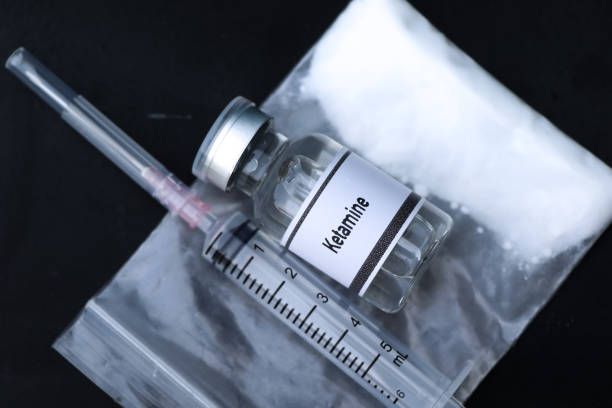The FDA plans to convene an expert panel to examine the population-level effects of treating opioid addiction with medication in hopes of gaining wider acceptance of and insurance coverage for those medications.
During a late October hearing, FDA Commissioner Scott Gottlieb, MD, told the House Committee on Energy and Commerce that preventing opioid addiction isn’t enough, given the current scope of the crisis. “We must also help those who are suffering from addiction by expanding access to lifesaving treatment,” Gottlieb said in prepared remarks.
“Unfortunately, far too few people who are addicted to opioids are offered an adequate chance for treatment that uses medications,” he added, noting that insurance coverage often is insufficient.
Gottlieb cited a recent Massachusetts report as an example of why it’s important to carry out population-level treatment evaluations. The report showed that 1.1% of those who started methadone or buprenorphine treatment after a nonfatal overdose died of a subsequent overdose compared with 2.3% of those who didn’t receive treatment—a risk reduction of more than 50%.
“These kinds of data have immense implications for insurers and policymakers in deciding how to adopt these treatments,” Gottlieb said in his remarks.
The agency hopes to collect the population-level data that’s necessary to support a label indication for medication-assisted treatment for any patient who presents with an overdose. “Such an effort would be a first for [the] FDA,” Gottlieb said.
By promoting their appropriate use, Gottlieb said the FDA wants to break the stigma of using medication for addiction treatment. “The stigma reflects a view some have that a patient is still suffering from addiction even when they’re in full recovery, just because they require medication to treat their illness,” he said.
He drew the distinction between addiction to and a physical dependence on opioids. Addiction involves continued use despite harmful consequences and psychological craving beyond physical dependence, he said, but explained that someone who is physically dependent on opioids without craving more or harming themselves or others is not addicted.
FROM:




Leave A Comment